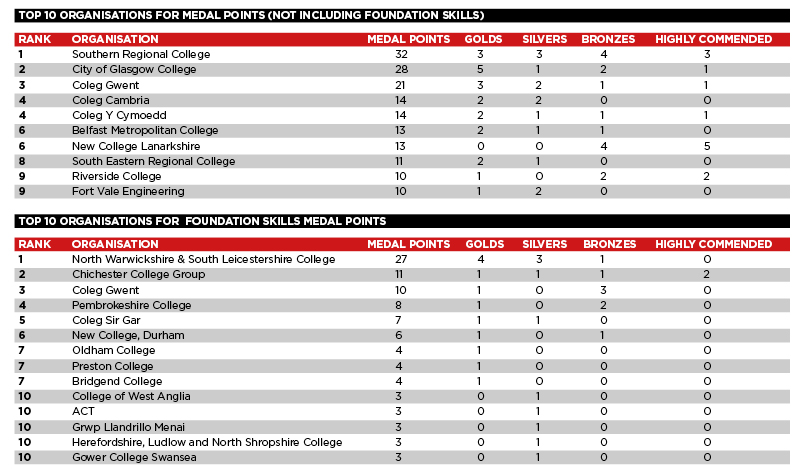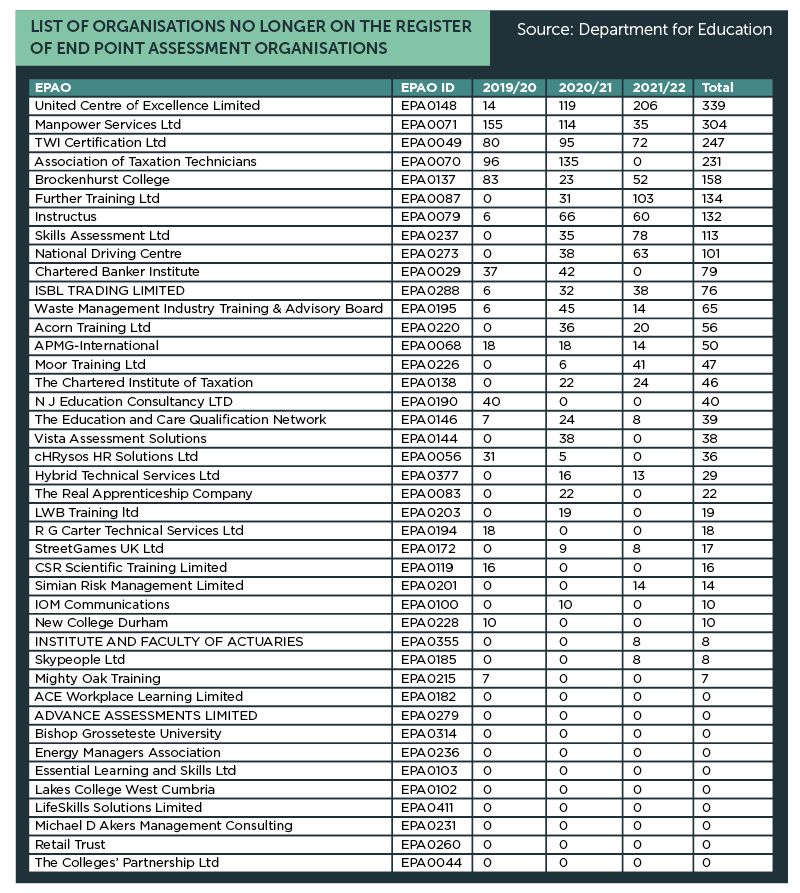Inspiring students, teachers, colleges and schools from across the country have been honoured in Pearson’s 2022 BTEC awards.
Twenty winners were announced today for the awards that are in their twelfth year.
Pearson’s senior vice president, Freya Thomas Monk, said that after “two long years spent giving or receiving lessons behind a computer screen, through face masks, or socially distanced, 2022 has been a whirlwind for everyone involved in education”.
“Considering this, it makes the inspiring achievements documented in our winners’ submissions all the more impressive,” she added.
Prizes were won across multiple categories including health and social care, engineering, music, esports and creative media.
Learner of the year
Judges praised ‘learner of the year’ winner Lyla Khan for her curiosity and relentless motivation as “incredibly impressive”.
Fleeing her native Pakistan to claim asylum in the UK a few years ago, she has gone on to achieve unimprovable triple distinction star grades to win a place at university.
Khan, who attended The Pendleton Sixth Form College in Salford, was said to have regularly brought new ideas, arguments, and theories into class to challenge pupils according to her teachers.
Harrow College and Uxbridge College (HCUC) in London won BTEC College of the Year. Judges highlighted that 96 per cent of HCUC BTEC students went on to study at a higher level or into employment last year.
BTEC International Institution of the Year 2022 was presented to Beaconhouse International College, in Islamabad, Pakistan.
The college offers BTEC learners the opportunity to gain an international qualification and building strong industrial experience.
Other awards went to Tahreema Khatun from Newcastle College for the BTEC Art and Design Learner of the Year award.
Daljeet Sachdeva, from Blackburn College, landed Business and Enterprise Learner of the year award and Mark Cruxton, from Newcastle and Stafford Colleges Group won BTEC Tutor of the Year.
During lockdown, Mark Cruxton, who is the curriculum leader for graphics, games design, animation and concept art, created a 3D virtual gallery space from scratch and helped more than 20 courses to render work which allowed hundreds of students to give their efforts the showcase it deserved, in spite of the testing circumstances.
Over the course of several years at Stafford College, he has maintained a 100 per cent success rate of his students being accepted on to university-level courses.
He said: “I am very surprised and honoured to have been selected for this award.
“I enjoy helping students to move forward in their journey and have had the pleasure of seeing many students fulfil their ambitions of working within the creative industries at some of the biggest names in the business.”
The ceremony also included the 2022 Showstopper Challenge, a chance for students to showcase their performing talents, in addition to the award winners.
Performances came from Stage Right College, Jackie Palmer Academy, D16 Performing Arts College, and Woodkirk Academy.
The full list of BTEC winners
BTEC Art and Design Learner of the Year – Tahreema Khatun, Newcastle College
BTEC Business and Enterprise Learner of the Year – Daljeet Sachdeva, Blackburn College
BTEC Child, Health and Social Care Learner of the Year – Alfie Brown, Truro and Penwith College
BTEC Construction Learner of the Year – Rebekah Woodend, Leeds College of Building
BTEC Creative Media Learner of the Year – Siomha McStay, Belfast Metropolitan College
BTEC Engineering Learner of the Year – Elizabeth Willis, Blackpool and The Fylde College
BTEC Esports Learner of the Year – Layton Ripley, Barnsley College
BTEC Hospitality, Travel and Tourism Learner of the Year – Bethany Bradford, Blackpool Sixth Form
BTEC IT and Computing Learner of the Year – Adam Davey, Callywith College
BTEC Land-Based Learner of the Year – Emma Radcliffe, Dean Valley College
BTEC Music Learner of the Year – Domhnall Morris, Belfast Metropolitan College
BTEC Performing Arts Learner of the Year – Lise-Mari Van Wyk, Northlink College, South Africa
BTEC Public Service Learner of the Year and Adult Learner of the Year – Emily Checkley, Blackpool Sixth Form College
BTEC Learner of the year and Science Learner of the Year – Lyla Khan, Pendleton Sixth Form Centre
BTEC Sport Learner of the Year – Lois Page, Nelson and Colne College Group
BTEC College of the Year – HCUC Group, Harrow
BTEC International Centre of the Year – Beaconhouse International College, Islamabad, Pakistan
BTEC School or Multi-Academy Trust of the Year – Archbishop Holgate’s School, York
BTEC Teacher of the Year – Caroline Noela Gichuru, Braeburn International School Arusha, Arusha, Tanzania
BTEC Tutor of the Year – Mark Cruxton, Newcastle and Stafford Colleges Group, Stafford



